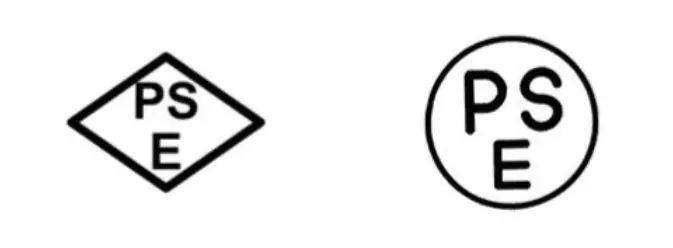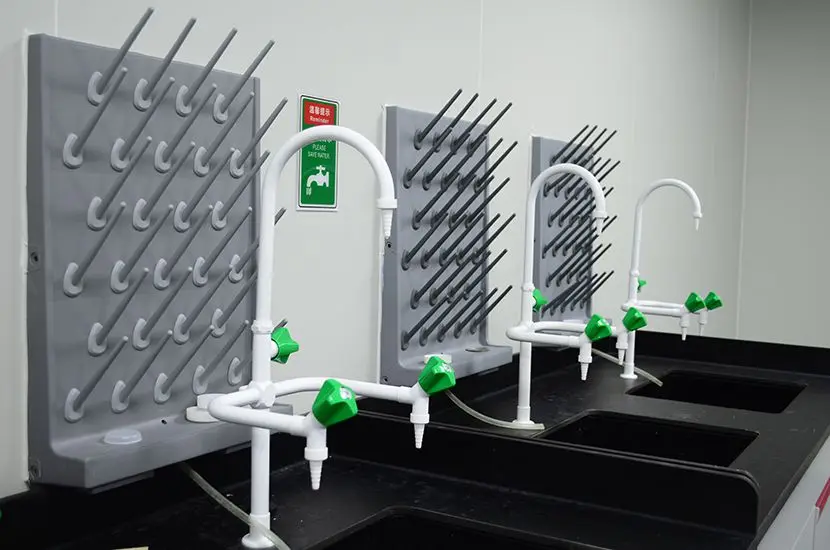
What are METI Filing and PSE Certification?
When exporting products to Japanese cross-border e-commerce platforms, one may be requiRED to provide METI filing documents. However, when applying for meti filing, pse certification for the product is also required. PSE certification is divided into two types: circULar and diamond-shaped. Which products are suitable for diamond-shaped or circular PSE certification? This must be explained starting from Japan's DENAN Law.

What is PSE Certification? What is Circular PSE Certification? What is Diamond-shaped PSE Certification?
PSE certification is Japan's mandatory safety certification, used to prove that electrical and electronic products have passed the safety standard tests of the Japanese Electrical Appliance and Material Safety Law (DENAN Law) or international IEC standards. For example, switches, power supplies, and adapters must obtain diamond-shaped PSE certification.
Japan's DENTORL Law (Electrical Appliance and Material Control Law) stipulates that 506 types of products must pass safety certification to enter the Japanese market. Among them, 165 types of Class A products should obtain the diamond-shaped pse mark, and 341 types of Class B products should obtain the circular PSE mark. For example, lithium batteries, lamps, and power banks can apply for circular PSE certification.
What is METI Filing?
METI filing is a regulation by Japan's Ministry of Economy, Trade, and Industry. It can be understood as a requirement for products exported to Japan to have a local Japanese trading company file a guarantee for the product's production information. METI filing requires products to have passed either circular or diamond-shaped PSE certification.
The regulation requires Japanese purchasers to register and declare to METI within one month of purchasing goods and to mark the purchaser's name or ID on the product for supervision and management during the product's sales process.
Currently, there is no mandatory requirement for METI filing for customs clearance. However, e-commerce platforms like Amazon require sellers to provide METI filing and PSE certification. Products listed in the PSE certification catalog must have METI filing.
Japanese METI Filing Process and Timeline:
(1) The product must pass PSE certification.
(2) The importer takes the pse certificate to METI for filing, after which METI issues an approval certificate.
(3) Japanese importers must register and declare to METI within one month of importing the goods. Only Japanese trading companies registered with the Japanese government can apply for METI filing.
(4) There are two situations for METI filing: those with importer qualifications and those without. Those without importer qualifications need to find an agent (we can provide importers). If the applicant has a Japanese company, they can use the PSE certificate to apply for METI filing themselves. If there is no Japanese company, an agency must be used for filing.
(5) METI filing takes 1 to 2 weeks to complete after obtaining PSE certification.
Documents Required for Japanese METI Filing:
1. PSE certificate and report
2. Manual and specifications in English or Japanese
3. Form differentiation table
4. Application form
5. Product pictures
Notes on Japanese METI Filing:
Generally, one PSE certificate corresponds to one METI filing document. If multiple models share one PSE certificate, the same METI document can be filed.
Email:hello@jjrlab.com
Write your message here and send it to us
 Cost of U.S. FDA CFR 21 177.2600 Test Report
Cost of U.S. FDA CFR 21 177.2600 Test Report
 How much does the IP44 Compliance Test cost
How much does the IP44 Compliance Test cost
 What is LFGB Test
What is LFGB Test
 What does LFGB certified mean?
What does LFGB certified mean?
 Weee authorised representative germany
Weee authorised representative germany
 Where to Apply for 2026 Air & Sea Transport Ce
Where to Apply for 2026 Air & Sea Transport Ce
 Guide to IEC Test Reports for Lighting Exports
Guide to IEC Test Reports for Lighting Exports
 IEC/EN 62471 and IEC/EN 62778 (Photobiological Saf
IEC/EN 62471 and IEC/EN 62778 (Photobiological Saf
Leave us a message
24-hour online customer service at any time to respond, so that you worry!




